Manuka Honey Benefits
Would you ever consider honey as a healing herb?
It seems fairly odd, but for thousands of years this sweet nectar has been used in very much the same way – as both a food and a medicine.
Cultures worldwide praise honey for its healing properties. In fact, traditional Ayuervedic medicine describes eight different varieties of honey, each with it’s own unique medicinal use.1
However, as with most things in our world of processed food, much of the honey available today just isn’t what it used to be.
Honey is not created equal. Most products at conventional supermarkets have been filtered, heat pasteurized… and in some cases, diluted with high fructose corn syrup and other cheap, unhealthy sweeteners.
A USDA study published in 2015 confirms the lack of health in most honeys. They tested honey against cane sugar and high fructose corn syrup and found absolutely no difference between each sweeteners’ impact on health markers – they were all unhealthy!
In case you think the results were skewed in any way – the honey industry even added funding to the research, expecting to prove that any old honey can be passed off as healthy.2
Well, they chose the wrong honey.
But, guess what … not all honey is created equal in the comb either!
The plants that bees get their honey from all contain different properties and can dramatically influence nature’s final product. And different bees can produce very diverse honey.
Now, this doesn’t bother a bee feeding its tribe – but it does matter to humans who seek a diet full of healing foods.
Today, I’ll be introducing you to one type of honey that stands head and shoulders above the rest. This honey has such unique healing properties – it’s even being used in modern, mainstream medicine.
This liquid gold is called Manuka Honey.
Not only is it making headlines as a medical grade sterile dressing; it can even tackle the most antibiotic resistant bacteria.
Plus, it tastes amazing as a honey drizzle over an organic salad.
But you can’t just go and grab any jar and use it mindlessly – so stick with me while I explain to you these incredible Manuka honey benefits and how to use it to achieve your best health.
What Is Manuka Honey?
This particular honey comes all the way from New Zealand and Australia. It’s made from the pollen of the Manuka tree.
Now, you may have heard of tea tree oil – this is actually the oil from the Manuka tree and is both antibacterial and antifungal.
So you can start to understand why the honey from this tree is so healing.
But what makes it so potent?
Just like all honey – the Manuka variant contains hydrogen peroxide. This is produced when the bees add an enzyme to the nectar. Hydrogen peroxide is antibacterial, but our body breaks it down so it actually loses its potency.
Manuka honey is different – it contains two extra unique factors that other honey does not.
The Unique Manuka Factor
The Manuka tree provides both methylglyoxal and dihydroxyacetone to the honey in doses that are significant to healing. You won’t find these chemicals in any other honey, in this way.
But not every Manuka tree contains these chemicals either!
So Manuka honey goes through a very rigid certification process and is given what is called a UMF rating – this stands for Unique Manuka Factor.
These are the UMF classifications:
- 0-4 Not detectable
- 5-9 Low Levels
- 10-15 Useful Levels
- 16+ Superior High Grade Levels
Anything above UMF 10+ is considered therapeutic and medicinal.
Manuka Honey Benefits
High grade Manuka honey is anti-inflammatory, anti-microbial, anti-bacterial, anti-oxidant, and may even be anti-histamine! That’s a lot of anti’s to produce a whole lot of positives!
Research shows that Manuka honey may also stimulate immune cells and of course it’s high in nutrients and a good source of B Vitamins, Magnesium, Iron and Zinc.
So let’s take a look at the three main Manuka honey benefits.
Healing For An Unhappy Gut : SIBO, IBS And IBD
Manuka honey acts on these intestinal disorders in two different ways.
For those who experience SIBO (Small Intestinal Bacterial Overgrowth), the antibacterial properties in Manuka honey can act on these bacteria, reducing the overgrowth and relieving symptoms.
Clostridium difficile (C.Diff) is one bacteria that can be found in SIBO. A 2012 study published in Biomed Central Research Notes demonstrated that Manuka honey is effective in inhibiting the growth of three different strains of C. diff.3
Now, if you’re someone who experiences Irritable Bowel Syndrome or an Inflammatory Bowel Disease (IBS / IBD), you may also be affected by C. diff – but Manuka honey has another way to help …
Both IBD and IBS come with a degree of inflammation, and Manuka honey can dampen this ‘fire’. Many sufferers use therapeutic doses to help their symptoms.
And in 2008 researchers from India tested the anti-inflammatory action of Manuka honey on rats with IBD. They discovered the honey reduced colonic inflammation and improved a variety of other biomarkers – even healing free radical damage and offering anti-oxidant protection from future damage.4
Powerful Enough For Antibiotic Resistant MRSA … Gentle Enough For Strep Throat.
Antibacterial Manuka honey benefits also reach into the alarming world of antibiotic resistant bacteria. These are the types of bacteria that can be picked up in hospital just by getting a small infection after a routine, simple surgery.
One particular bacterium that has made headlines is Methicillin-resistant Staphyloccus aureas (MRSA). This is a staph infection unable to be treated by the most powerful antibiotics.
However, research shows that Manuka honey is in fact potent enough to overcome this life-threatening bug. In 2009 researchers presented key findings to The Society for General Microbiology in Scotland. They showed that Manuka honey was able to cripple MRSA.5
But you don’t need to wait until your life is in danger to experience these antibiotic Manuka honey benefits – scientists have even shown that this versatile medi-food can help the common strep throat. 6 Its anti-inflammatory action can also help soothe and it even shows up as an ingredient in some throat lozenges.
Treatment For All Kinds Of Wounds
Honey has been used for wound healing for centuries. And these days you can find Manuka honey sold pre-packaged as sterile healing pads, wound gel and also breast pads.
The anti-inflammatory, anti-bacterial and anti-oxidant effects of Manuka honey benefits those with open wounds. These wounds are things like diabetic foot ulcers, burns, leg ulcers and pressure sores.
But these chronic, non-healing open wounds also have an elevated alkaline environment (high pH). Manuka honey can alter this pH to aid in healing.
A study done in 2008 at the Royal College of Surgeons in Ireland found that Manuka honey improved pH levels on the subjects they tested. The researchers stated:
“The use of Manuka honey dressings was associated with a statistically significant decrease in wound pH and a reduction in wound size”.7
Of course, we do suggest that you see a medical professional if you are having issues with poor wound healing.
Manuka Honey As Part of a Paleo Diet
There are many people who believe that honey should not be part of a paleo diet. Early cave paintings suggest otherwise. Some scientists suggest that early hominids may have used this energy dense food to fuel the larger brains that had developed.
Of course, we don’t live in scarce times now – so we don’t need to go overboard.
But more importantly …
If you’re using Manuka honey for healing, you need to treat it respectfully like the ‘herbal’ medicine it is.
If you’re looking for a nutrient rich sweetener to pop in your tea, choose a Manuka honey with a UMF of 5-9. This strength is also great if you want to make your own honey based drizzle to pop over an organic salad. But remember – it is still high in fructose, so a tablespoon a day is really all you need.
Now, if you’re looking for medicinal properties, then look for Manuka honey with a UMF of 10+. You’ll find this on the label. It’s likely to say UMF 10+ or UMF 15+. You may even find a UMF 25+. This is very strong so use wisely.
Treat these like medicine and use strategically. For example at the onset of a sore throat, you might like to take one tablespoon for the first 2 days, allowing it to coat the back of your throat. Or if you have an intestinal issue, 1TBSP a day – perhaps even dissolved in warm water.
Use only for a limited amount of time as you would any herbal treatment. And please do seek medical advice if your symptoms persist or get worse.
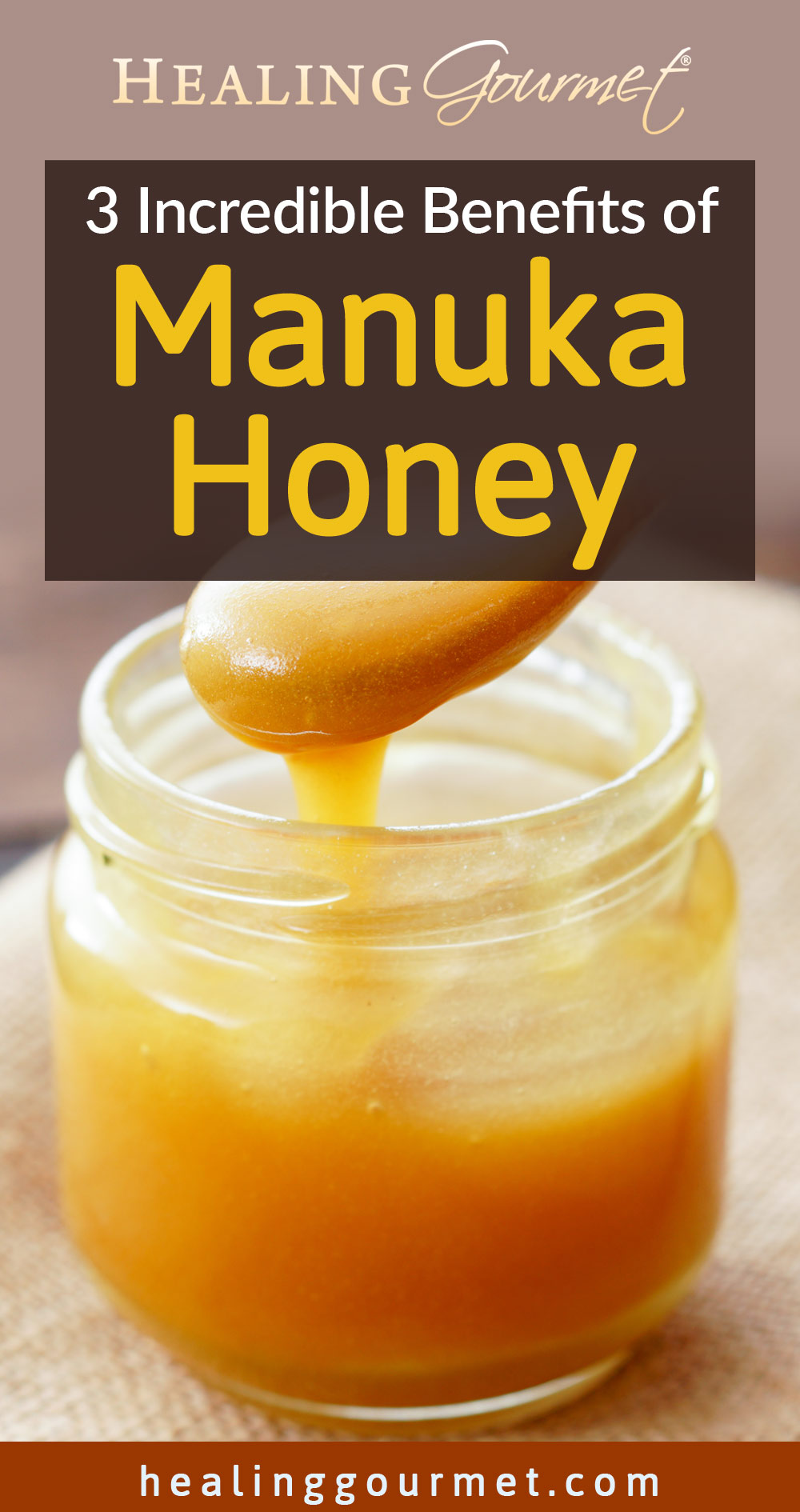
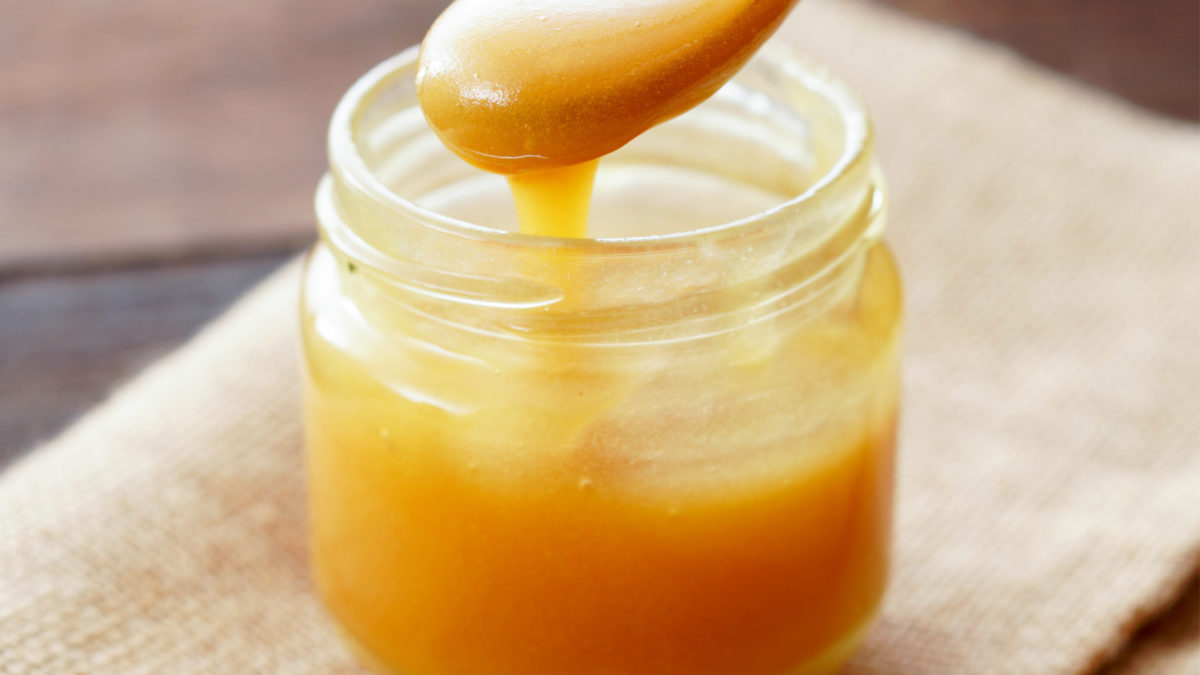
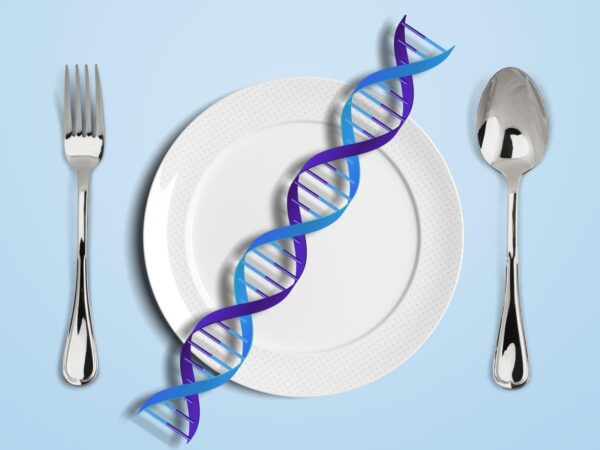
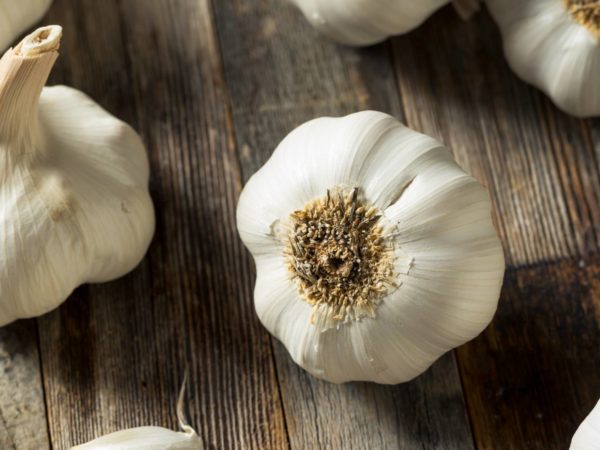
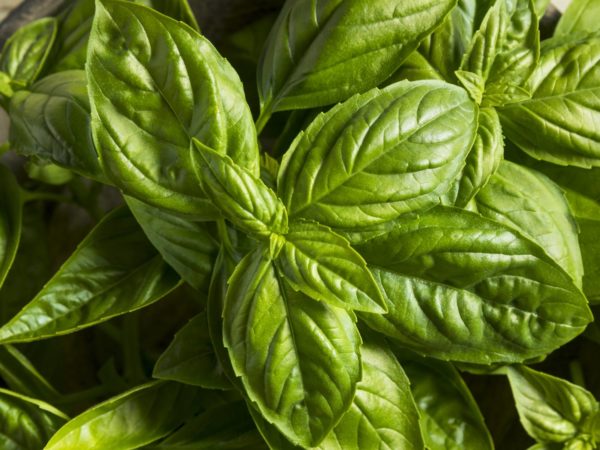
Leave a Reply